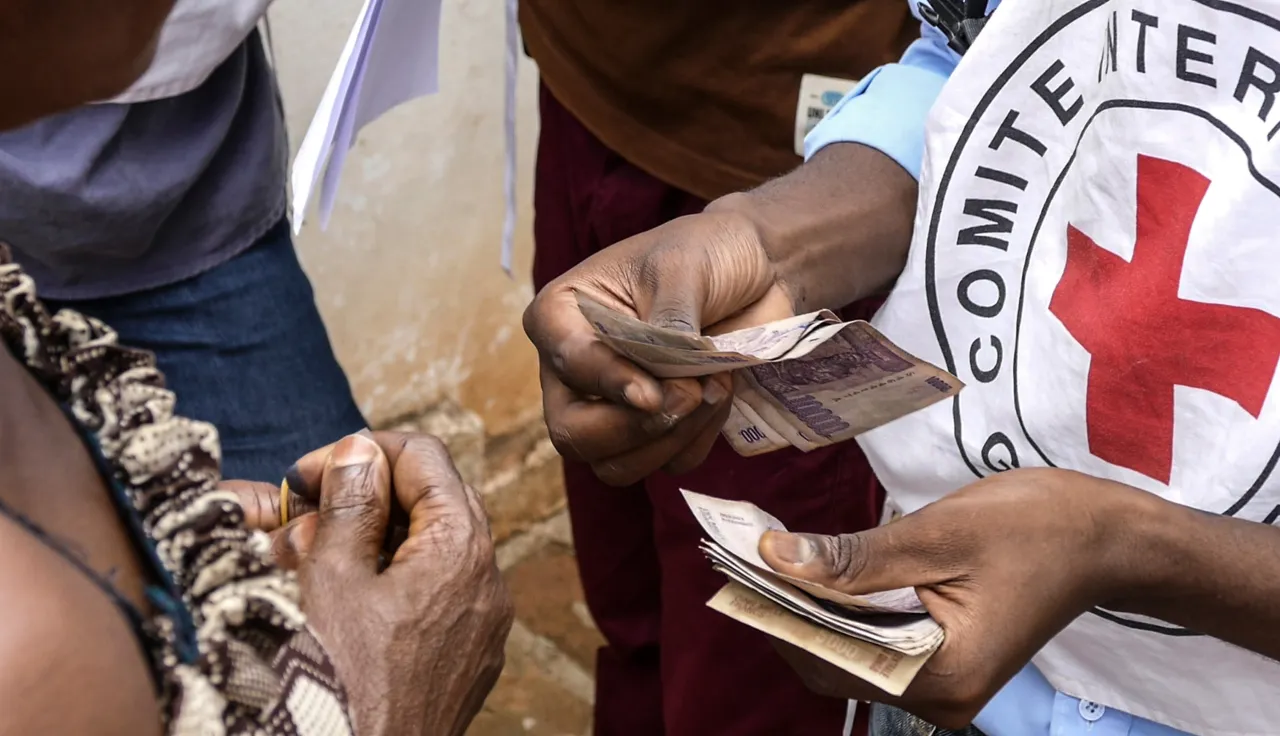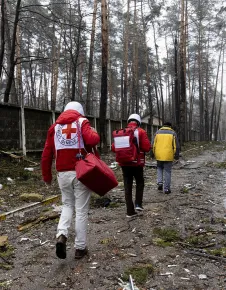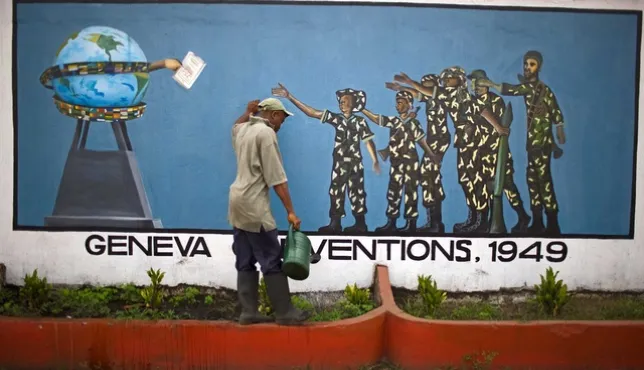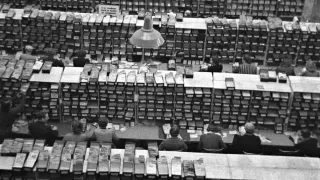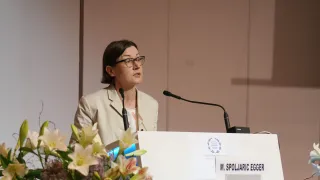The ICRC’s funding and spending
The ICRC is funded by voluntary contributions. We receive contributions from the states party to the Geneva Conventions (governments), National Red Cross and Red Crescent Societies, supranational organizations (such as the European Commission) and other public and private sources. Governments are our main donors: on average during the past five years, they contributed about 82% of the budget. But contributions remain voluntary, and there is no guarantee that such contributions will continue in the long term.

